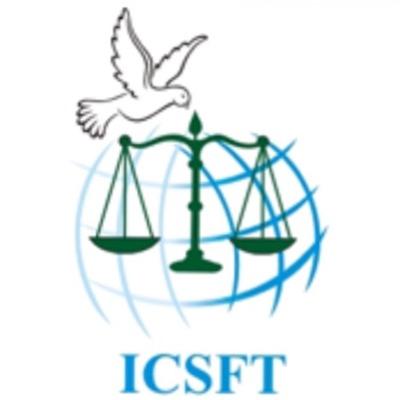The financial stakes behind the Saudi’s Purge: was it really a fight against corruption or is there any other reason beyond all this?

Geneva, Thursday 7th of December 2017
On the 5th of November 2017, the Saudi government led by the prince Mohamed bin Salman arrested more than three hundred persons under a huge purge against corruption in the country. This purge didn’t target only princes but ex-ministers and businessmen. Those people were accused of corruption up to 100 billion dollars. The investigation took more than three years to show that this corruption lasted about ten years.
Apparently, during their information quest the government asked the help of their American allies especially Blackwater. According to the British newspaper The Daily Mail, some detainees have been tortured and more than 800 billion dollars of their assets have been confiscated. In the words of the Saudi Trade and Investment Minister Mayid bin Abdullah Al-Qasabi the anti-corruption raid ended by a recovery of 50,000 to 100 billion dollars. Who will benefits for this money?
The Saudi kingdom claimed that this purge was only a measure to eradicate the corruption of the country. They purport to construct a new Kingdom with a stronger respect of the law. But this purge was first of all, clearly a way to discredit some princes so the Prince Mohamed Bin Salman can be established on the top of the line of succession. He didn’t hide and publicly claimed his wish to succeed his father. He intended to create a pseudo new era, more progressive but how could we believe him when he arrested and tortured several people in order to have the power.
Furthermore, this purge seems to be a part of a strategy to raise funds for the country. According to some newspaper, the national treasury is currently exhausted this is caused by the low prices of oil. That being said, the money that Saudi government recovered won’t be used for any social investment. This money could help to struggle discrimination and violence against women, ethnic and religious minorities but also the strict limitations on workers right.
Moreover, about the Saudi women right in the kingdom, nothing really changed despite their position in the Women Rights Commission of the ONU. In this way, the ICSFT urges the Saudi government to truly work for the interest of woman. The ICSFT informs the international community to not let her blinded by the obtaining of some rights like the right to drive. This isn’t enough, the fight for the Human Right is not over.
The ICSFT wants the Saudi government to respect the international right particularly the Human Rights. The ICSFT also condemns firmly the use of violence against prisoners.
